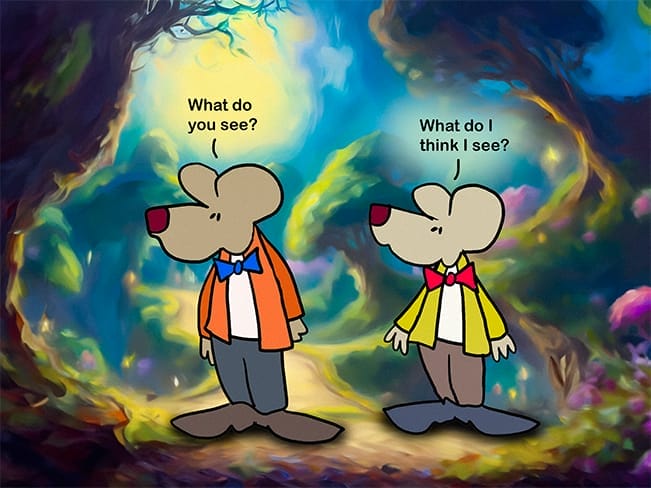People say things. Sometimes, those things are ridiculous, and we should probably let them drift off into the air, never to be heard again. But every so often, someone says something really important, and we should take heed.
Alright. It is the very beginning of the new year, and I’m already on my first sidebar. But I had to go and say, “Take heed.” Heed. Now that’s a funny word, isn’t it? Heed is a verb. It means, essentially, “to pay attention to, or to take notice.” But we almost always use it with the word “take,” like I just said. We hardly ever say, “Oh, Jack just heeded over there in that corner.”
Anyway. Back to the topic at hand. What was I saying? Oh, that we should pay attention to what someone is saying.
Take Daniel Webster, for instance. He lived a while ago, specifically from January 18, 1782, to October 24, 1852. Our boy Daniel was an American lawyer and statesman. A Congressman. Daniel served as the 14th and 19th U.S. Secretary of State under Presidents William Henry Harrison, John Tyler, and Millard Fillmore.
And during those years in politics, he said a lot of things. Like this:
“How little do they see what really is, who frame their hasty judgment upon that wh ch seems.”
That seems to be a big problem these days — people basing their hasty judgments upon “that which seems.”
And the thing of it is? Things are only going to get worse in this way. Our calendar just flipped over to 2024, which means this is an election year. A big election year. And people are framing their judgments.
But here is what worries me the most. It is getting hard to know what is the truth and what is not.
Now, let me say this before I write another thing. I am a fan of AI at this point. It has vastly improved my life, and it improves the lives of billions of people every day. But as with anything, there are pros and cons. Ups and downs. Dark and light.
And one thing AI is very good at is creating things that appear to be very real. Be it photos, or voices, or videos, or hundreds of other things. With the elections just eleven months away, I fear we will be plummeted with some deep, dark fakes. The “people in power” are attempting to put “safety measures” in place. But I worry that you ca ‘t defend against something you don’t know exists.
For some reason, Oprah’s Book Club keeps popping into my head. Do you remember years ago, in 2005, when Oprah picked out a book, and she was all in on that thing? She promoted the writer. Had him on her show. Gave him all sorts of publicity and a speaking tour. The guy’s name was Jam s Frey, and the book was called A Million Little Pieces. It was all about Frey’s struggles with alcohol and drug addiction. Well, a year after she selec ed, it came to light that he had “conjured” a great deal of what was in his memoir. Made it all up. Of course, then, the embarrassed and publicly humiliated Oprah came down hard on this guy.
My point is, Oprah and her top-notch research team got deep faked. Even without AI.
Here we are, 20 years later, and you can tell AI to write a book about nuclear fission, and AI will write that book in minutes. Effectively. Then, you can put your name on the cover and claim it for your very own.
Turn the channel over to politics and advertising. I expect we will see and hear facts about candidates that never happened in the “real” world. I is already hard to tell facts from fiction. And I will remind you what Daniel Webster said way back in the 1800s.
“How little do they see what really is, who frame their hasty judgment upon that which seems.”
My only advice? Don’t be hasty.
As our other friend Benjamin Franklin said, “Haste makes waste.” And. “A stitch in time saves nine.”
Grain of salt.
Drag your feet.
Slow and steady wins the race.
Let’s all try to frame our judgments after a nice long study of things.
“”””””””””””
“The greatest enemy of knowledge is not ignorance; it is the illusion of knowledge.” – Stephen Hawking
“”””””””””””
“Truth is ever to be found in simplicity, and not in the multiplicity and confusion of things.” – Isaac Newton
“”””””””””””
“To find yourself, think for yourself.” – Socrates
“”””””””””””
How little do they see. He said.
